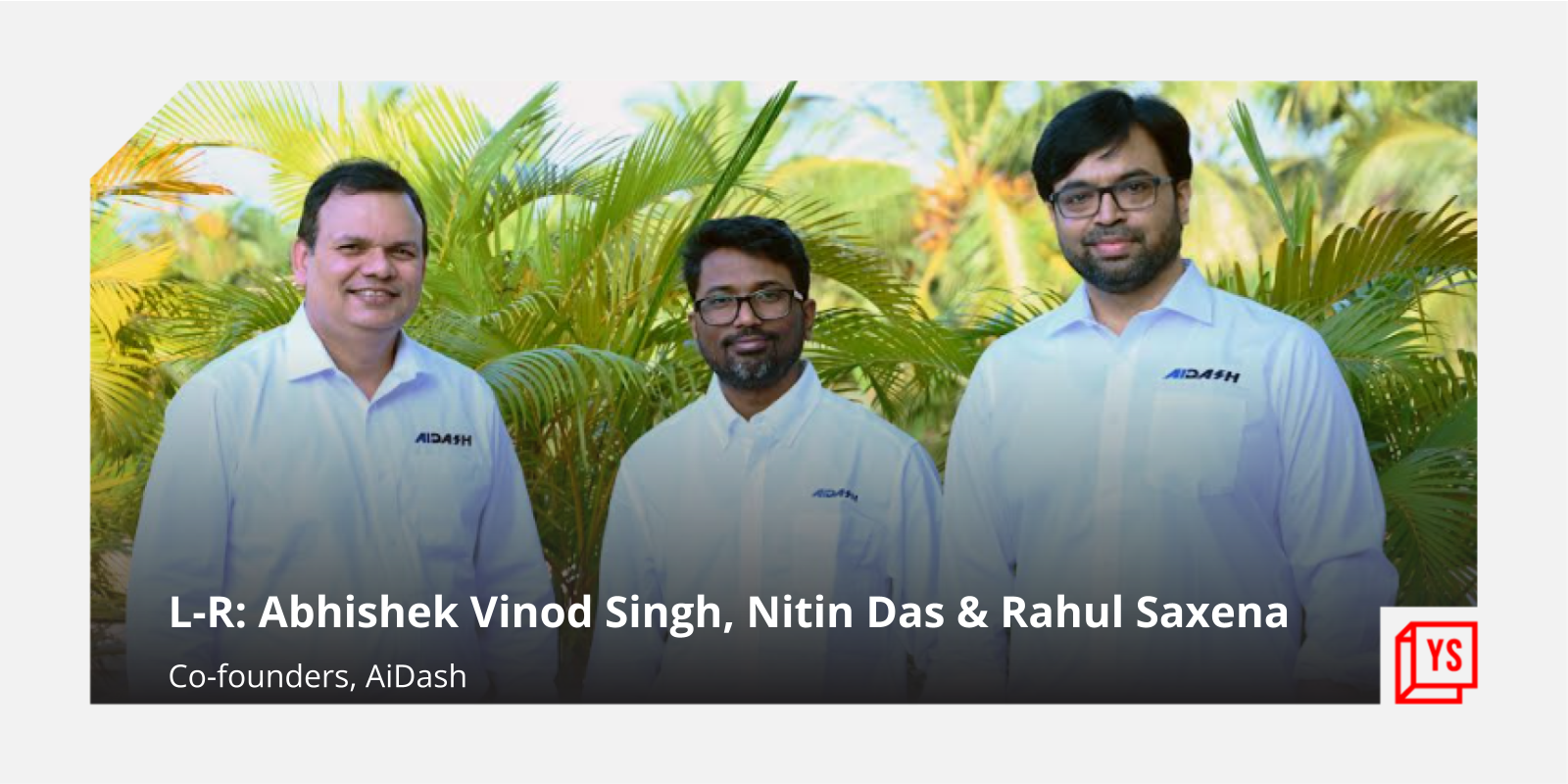Revolutionisng Enterprise Learning: The impact of upskilling accelerators
Upskilling accelerators are comprehensive courses created to improve workers’ abilities in particular fields such as coding, data analytics, digital literacy, and project management.
Upskilling and reskilling are more important than ever in today’s ever changing business environment. Businesses struggle to maintain the skills needed for their workers to remain competitive in the face of market upheavals and technological improvements. The needs of this changing workplace environment are frequently not met by traditional methods of staff development. To address this, a fresh approach has surfaced: workplace learning is being revolutionised by upskilling accelerators.
Upskilling accelerators are comprehensive courses created to improve workers’ abilities in particular fields such as coding, data analytics, digital literacy, and project management. These accelerators compress learning into a shorter timescale, often spanning from a few weeks to a few months, in contrast to standard training methods that might take months or even years to show effects.
Through the utilisation of immersive learning methodologies and practical, hands-on experience, they facilitate the rapid acquisition of new skills by employees, allowing them to be immediately applied to their work.
The ability of upskilled accelerators to adapt quickly to changing market conditions is one of its main benefits. Technology and market dynamics can change quickly in today’s fast-paced economy, making standard training programmes outdated by the time they are implemented. However, upskilling accelerators are made to quickly adjust to new trends and technology, guaranteeing that workers have the most up-to-date skills necessary for their positions.
Upskilling accelerators also have the benefit of helping firms develop a continual learning culture. These programmes show a dedication to investing in the professional development of employees by offering chances for continuous skill development. Employee engagement and morale are raised, and retention rates rise as a result—workers are more willing to stick with organisations that support their professional growth.
Accelerators for upskilling might also aid in closing the widening skills gap in the workforce. Many sectors are struggling to find enough qualified personnel to fill critical positions as a result of the rapid improvements in technology. Upskilling accelerators can help close this talent gap and guarantee that businesses have the workforce they require to prosper in the digital era by offering specialised training in fields that are in great demand.
Upskilling accelerators have wider economic ramifications in addition to advantages for specific workers and companies. These programmes support industry-wide productivity development and innovation by providing workers with in-demand skills. They also have a significant impact on economic mobility by giving people the chance to get the training they need to develop in their careers and find better-paying employment.
But in addition to all of the advantages, upskilling accelerators also causes certain difficulties that need to be resolved. Making sure the instruction is of the highest caliber and compliant with industry requirements is one of the biggest obstacles. Because there are so many accelerators available, it can be difficult for businesses to choose which initiatives will benefit their staff members the most.
Providing upskilling accelerators to all employees, irrespective of their expertise or background, presents another problem. These programmes can be very beneficial for workers who want to grow in their professions, but they might not be appropriate for people who are just starting out or don't have the necessary abilities. Organisations must devise plans to offer fundamental training and assistance to staff members at all levels in order to meet this issue.
Notwithstanding these difficulties, there is no denying the potential influence of upskilling accelerators on corporate learning. These programmes, which offer quick, focused training in in-demand skills, have the ability to completely change how businesses handle employee development. Upskilling accelerators will become more and more important in ensuring that companies and their workers stay competitive in the years to come as technology advances and industries change quickly.
To sum up, upskilling accelerators offer a dynamic and adaptable way to meet the changing needs of the contemporary workforce, thereby representing a paradigm shift in organisational learning. Through the abbreviated, concentrated programmes that emphasise practical skills, these accelerators enable workers to promptly adjust to evolving industry trends and technology breakthroughs.
In addition, they also foster an environment of ongoing education and career advancement within companies, which stimulates creativity and increases output.
The need for upskilling accelerators will only increase with the speed at which change occurs in the digital age. Businesses that implement these programmes can give their employees the tools they need to succeed in a fast-paced, increasingly complicated workplace, giving them a competitive advantage. Businesses can invest in upskilling accelerators to help their workforce become future-ready while also fostering prosperity and economic growth on a larger scale.
(Ravi Kaklasaria is the CEO and Co-founder of edForce, a workforce upskilling accelerator providing enterprise learning solutions)
Edited by Megha Reddy
(Disclaimer: The views and opinions expressed in this article are those of the author and do not necessarily reflect the views of YourStory.)











